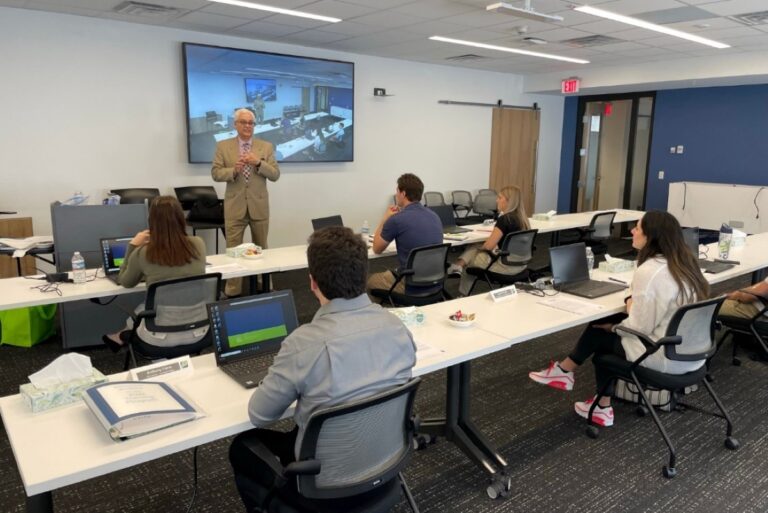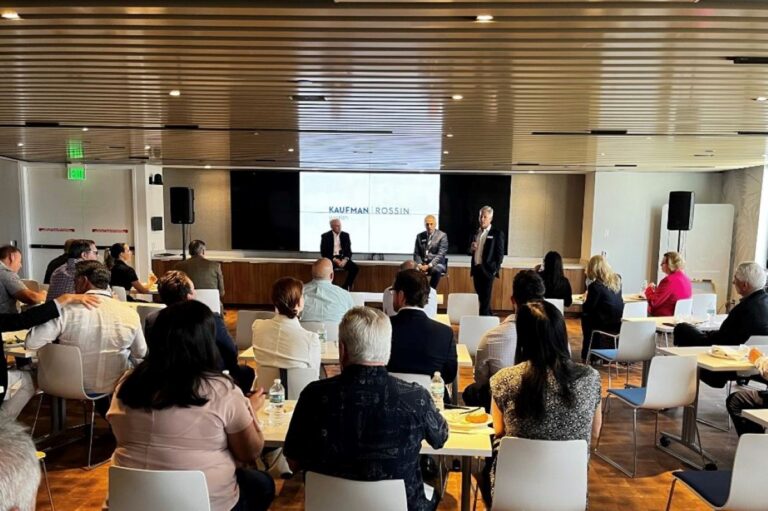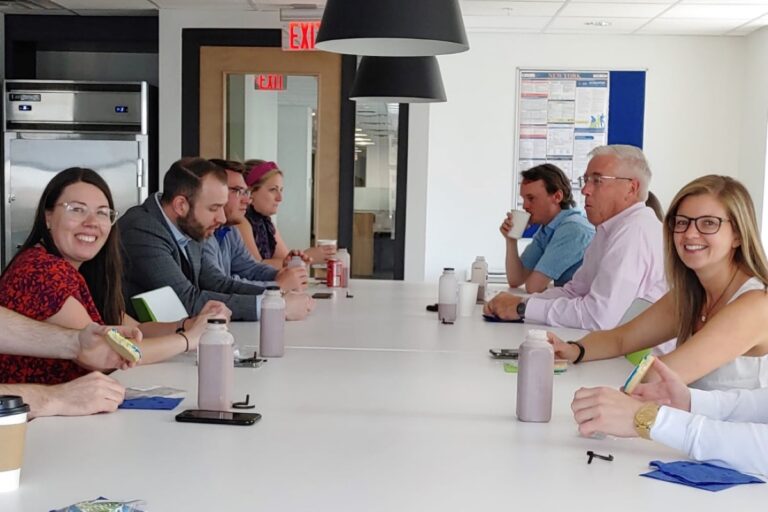15 SEO Mistakes That Affect Your Search Engine Rankings
What are the SEO mistakes that affect your search engine rankings? Originally appeared on Quora: the place to gain and share knowledge, empowering people to learn from others and better understand the world.
1. KPI Absense
What is your Key Performance Indicator for SEO? What do you want to do? Do you want to be monitoring your traffic, ranking, conversions or leads? You can find out if your strategy is working for you with KPI. If you do not have a KPI, you may not be able to know where you’re heading.
2. Duplicate Content
For ranking, you’ve to have unique content on your web pages. If many pages have identical content, be ready to be penalized by Google. Your site may be downgraded. And As a result, all your efforts will go down the drain.
3. Low Quality Content/ Poor Quality Content
Not just search bots make sure you write for humans. What this implies is that your content should be relevant, informative, grammatically correct, and optimized for relevant keywords. It isn’t a good idea to use article spinning software. Prevent yourself from making this mistake by always having fresh, keyword rich content on your website and lots of it.
4. Over Optimization
When we say content optimization, we mean content that contains relevant keywords. Other than this, the content needs to be coherent. If the content isn’t engaging, you will fail to keep the readers hooked. As a result, your bounce rate is going to be higher, which means lower probabilities of getting a higher rank.
Today, Google is sensible enough to observe poor/low-quality content that has too several variations of keywords. So, make sure the text on your site isn’t over-optimized.
5. Targeting Wrong Keywords
Your SEO strategy will not work if you target wrong keywords. Based on your KPIs, make sure you produce content that features the proper keywords. What this means is that you should go for those terms that can enable you to achieve the goal of your business. In other words, they should assist you in getting organic traffic, leads, engagement, conversions, and sales.
Therefore, it’s better to have a solid strategy in place. You can use the AdWords Keyword Planner for this purpose. Another problem is not taking the time to define a target audience. Marketing that successfully calls consumers to action has a specific customer in mind.
6. No Natural Build Up of Links
You have to make sure that the amount of backlinks your website gets takes place in a natural, human-like manner. For example, getting 300 links in one week is almost certainly going to make search engines suspicious about your website and they will punish you accordingly. However, if you get 300 links over the course of a month, then that will appear to be more natural and they will more than likely than not reward you.
7. Poor Link Building
If you are exchanging or buying links, know that this is a great mistake and you can be penalized by Google. When it comes to link building, you should always remember that quality should be your number one priority. Having 10 quality links is much more beneficial than having 200 poor quality links. Another mistake is backlinking to niche markets that are irrelevant to your own. Search engines value quality and accuracy when turning-up search results. Thoughtlessly backlinking to websites will hurt your rankings.
8. Bad Keyword Density
Unfortunately, several people are still committing this great SEO mistake. Some mention their target keyword as much as possible on their webpage to try and get it to rank highly. It used to work in the early days of the Internet when search engines were relatively dumb but nowadays it’s bound to get you severely punished or even banned. Also, Try thinking of long tail keywords or key phrases which are not too generic. It is going to be highly difficult to be found naturally for a really generic keyword. You should consider long tail keywords, or in other words, keywords and key phrases which are searched for less often, but will attract the right type of visitor.
On the other hand, there are also people who do not use their keyword enough on their web pages. This is also bad because the search engines have no idea what keyword your webpage is trying to rank highly for.
The goal should be a keyword density of 3% which is not too much and just enough for good SEO.
9. URLs Without Keywords
Customers will find your website without a keyword-rich URL. The only problem is that without a keyword rich URL, you’re not optimizing your ability for the search engine to locate you. Stay ahead of the competition and include keywords in your URL if possible.
10. Forget There is Offsite and Onsite SEO
You need to use all the tools at your disposal in order to make the whole of SEO work for you. It means you need to do both onsite SEO and offsite SEO. This means that you should; Write many articles and submit them to article sites for linking, visit forums, create blogs, and get into social sites, like Facebook and Twitter. You need to do link exchanges and one-way links. Links are one way to show your site is popular and the search engines like that.
11. Forget to Focus on Local SEO
Now search engines are very serious about local SEO. Whenever someone searches in Google for a product or service, Google prefers to show firstly those businesses that are local and nearest to the searcher. Google has started Google My Business (GMB). If you are running a local business, you should claim your listing in Google My Business. Please make sure that your NAP (Business Name, Business Address, Phone Number) should be correct and same at all platforms such as Google My Business, Bing Places for Business, and others.
12. Forget to Focus on Website Speed
Website loading speed is also a ranking factor in Google. Google has also launched an update in July, 2018 calling it the “Speed Update” for mobile searches. We rarely focus on website speed, we only focus on good content, meta title and description, keywords, backlinks, and so on. Look if your website takes 10 seconds to open and your competitor’s website takes 5 seconds to open then Google will prefer to rank your competitor’s website instead of yours. There are few tools such as PageSpeed Insights, GTmetrix, Sitechecker through which you can check your website’s speed and suggestions how to make it fast.
13. Not Blogging
Websites with blogs tend to rank higher than websites without them. If you don’t like to blog or don’t have the time, consider hiring someone to do this for you. Blogs are content-rich and create more opportunities for exposure to website traffic. Website traffic, keyword rich content, and quality and quantity of content all make a difference in how your site ranks.
14. Title Tags With No Heed for SEO
Keyword usage in title tags is critical to ranking higher on search engine results pages. If you don’t know what a title tag is, you’ve seen them every time you use a search engine. Title tags are the clickable links that show-up on results pages. The “invisible” keywords are essential to the ranking process- in fact, inserting keywords into title tags is as important as using keywords in searchable keywords and phrases.
15. Graphics and Flash Overload
Search engine spiders that index and organize the information you put out on the worldwide web, can’t read flash websites or graphics. If you need flash capabilities to adequately display the array of series you provide as a network or affiliate marketer, at least create an HTML version too. Graphics enhance what we have to say, but they are not helpful when they’re used as headers on our web pages. Feed the search engine spiders text on headers so they can locate and index the information they find there.
Contributed by Abuzar Khan, Founder of SEO Basics Blog









